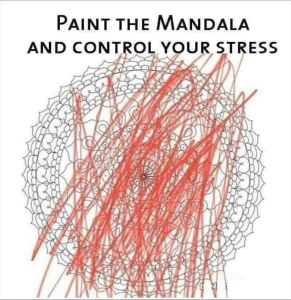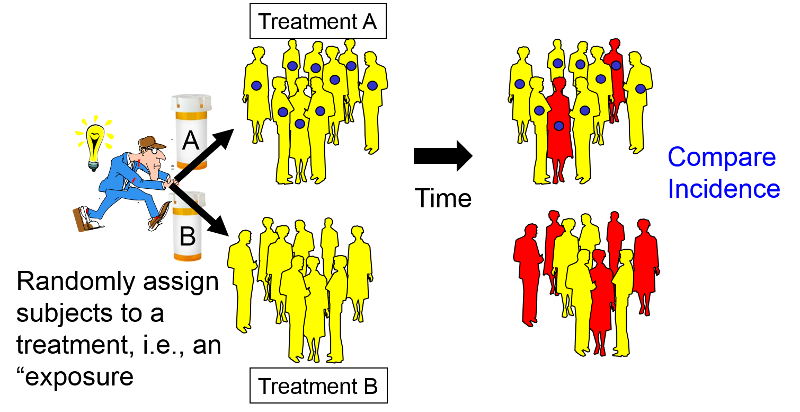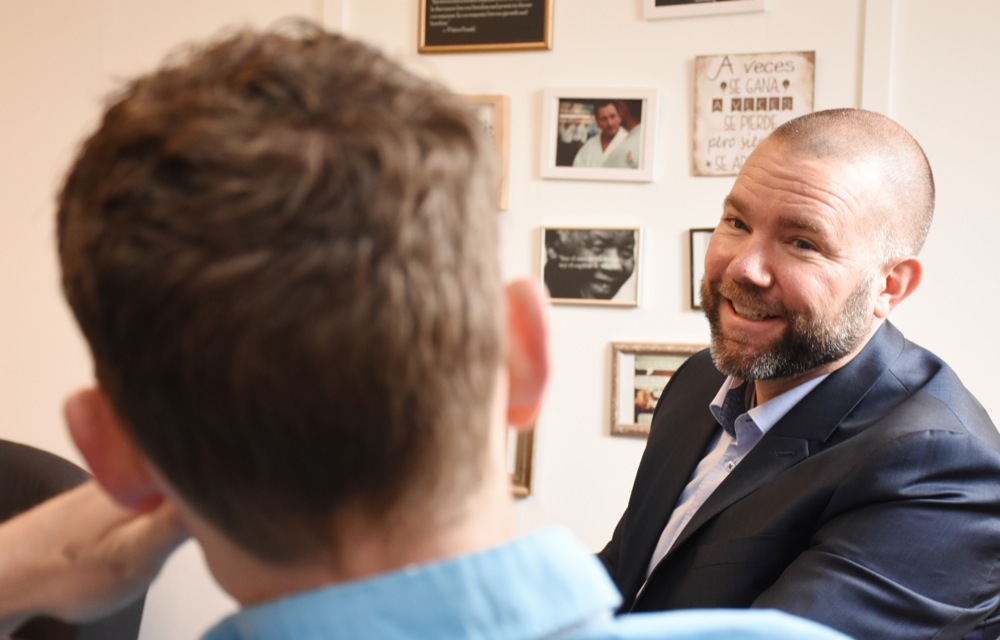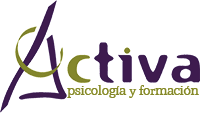Research on the role of humor in psychotherapy
What began as an attempt to conduct the first empirical study to the effects of the provocative therapy, has turned out to be the start of my PhD studies on the role of humor in psychotherapy. Although the provocative therapy still is an important element of the study, the focus has shifted to a broader range of the application of humorous interventions in psychotherapy.
Moreover, I’ve become even more enthusiastic about the topic while conducting my research into the existing literature and other perspectives than the provocative one. Sometimes because of the similarities and sometimes because of the differences between the several schools of thought. Therefore, with every step that I take in my PhD also my desire to share my knowledge about and experience in the application of humor as a therapeutic intervention increases.
On this page I will share my own research step by step in the coming years. But I will also refer to research of others, place links to open access articles and will recommend other material to study if you want to enhance your knowledge about this fascinating topic as well.




What's the relevance of humor studies?
A vast amount of research has focused on therapies to overcome the consequences of mental health problems. Often our knowledge of what is happening to our clients is enhanced, and sometimes useful interventions are developed. Nonetheless, the number of people suffering from mental health issues is stil increasing. The current approach doesn’t seem to be sufficient. So why not try things differently? Humor has always been considered interesting and still is seen as a nice ‘extra’. But maybe, just maybe, the knowledge and the use of humor could be a game changer. The only way to know for sure, is to study it.
In the past different approaches have been taken to theorize about humor and study its application in psychotherapy. What are the different schools of thought in the field of humor? Based on the work of of for example Martin (2007) and Dionigi (2011) we can mainly distinguish 5 different ones: Psychoanalytic, Superiority, Arousal, Incongruity and Reversal. Each of them in their own way have theorized about what humor is, how it works and how we can use it to help clients. Only in the field of Arousal and Incongruity or theories (or theories related to those two) we find research, of which some also on the application in therapy. The lack of clinical research in this field has to do with the problem of defining what humor is and how you can have valid and reliable measurements. Although this is the challenge in every type of research, when concerning humor, investigators seem to shy away for the challenge.
In our systemic review Jose Manuel García Montes and I propose the following approach to humor interventions for future research:
“A humorous intervention in psychotherapy contains surprise which will make clients confused for a moment. Because of this confusion clients are invited to doubt their habitual form of approaching their life and must search for an alternative framework to resolve the confusion. In this process, clients are taking on new perspectives, have a chance to distance themselves from the actual situation, and feel relieved when they discover a solution or realizes that what first seemed to be a problem, stopped being one. Most commonly clients recognize the intervention as a humorous one and/or have to laugh. However, an intervention can be humorous without clients recognizing it and having to laugh because of it.”
This is not a definition of humor that contains all the different aspects that have been mentioned by other authors, but it is at least a point of departure to help focus future research. Our goal and at the same time our appeal to other investigators is to elaborate one direction of research extensively before adapting the mentioned approach and investigate other lines of thought.
"Man suffers only because he takes seriously what the gods made for fun."
Alan W. Watts
Type of research

Systematic Reviews
Presentation of the systematic reviews available on the topic of humor.

RCT
Presentation of the research based on randomized controlled trials.

Case studies
Presentation of some of the case studies that give great insight in the clinical experience.
Systematic reviews
In this section I will present some of the systematic reviews (open access) or I will name the relevant authors.
The importance of systematic reviews is that they give an overview of the existing literature available on the topic and when possible they provide a meta-analysis of the data found in the different studies. That way it is possible to present more robust results than when only based on one RCT study.
On the right side you’ll find the review article that we published in 2023. Furthermore I have placed links to three other articles that also investigated humor-related concepts like laughter and banter.
- Laughter-inducing therapies: Systematic review and meta-analysis. (Van der Wal & Kok, 2019)
- The use of banter in psychotherapy: A systematic literature review. (Brooks, 2020)
- A meta-analysis of randomized controlled trials of laughter and humour interventions on depression, anxiety and sleep quality in adults. (Zhao et al., 2019)

RCT
Randomized Controlled Trials
We hope to present our first RCT study at the end of 2023 or the beginning of 2024. It will be based on an experimental study to influence of humor interventions on the psychological flexibility of participants and the effect on the level of depression and/ or anxiety.
In the meantime I will offer you some links to RCT studies that could be of your interest.
- Using Humor in Systematic Desensitization to Reduce Fear. (Ventis et al., 2010)
- Effectiveness of humor intervention for patients with schizophrenia: A randomized controlled trial. (Cai et al., 2014)
- Humour-Related Interventions for People with Mental Illness: A Randomized Controlled Pilot Study. (Rudnick et al., 2014)
Case Studies
under construction
Under construction

Collaboration with:

Do you have a question?
Send an e-mail via the contact form below. We’ll be in contact a.s.a.p.


